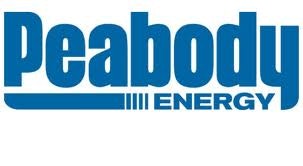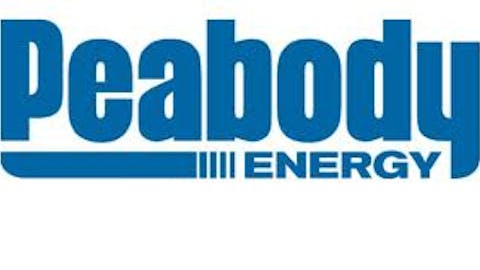Peabody Energy Corporation (NYSE:BTU) is under huge pressure after the announcement that the stock is being kicked out from the S&P 400 index without being listed in another index. The shares of the coalminer have declined 69.65% year-to-date and 85.67% in the past one year. Peabody Energy Corporation (NYSE:BTU) was introduced in the S&P 500 in November 2006 with a market cap of $10 billion. It was shifted to the S&P 400 index in September 2014 when its market cap was $3.9 billion. Today, the coal producer has a market cap of $657 million with its shares trading at $2.36 per share.
On a broader context, the entire coal industry is suffering because of higher production costs and lower coal prices in the past few years. Major institutional investors are under pressure to dissolve their investments in coal companies. A legislative committee in California voted in favor of the removal of the shares of leading miners from the state pension funds California including Calpers and CalSTRS.
Is Peabody Energy Corporation (NYSE:BTU) a bargain? Prominent investors are in a pessimistic mood. The number of long hedge fund bets shrunk by 10 recently. As many as 19 investment managers disclosed positions in Peabody Energy at the end of the first quarter of 2015 with net investments of $225.96 million. The energy company has witnessed reduction in number of investors as well as net investments, which stood at $239.86 million in the previous quarter.

Why are we interested in the 13F filings of a select group of hedge funds? We use these filings to determine the top 15 small-cap stocks held by these elite funds based on 16 years of research that showed their top small-cap picks are much more profitable than both their large-cap stocks and the broader market as a whole. These small-cap stocks beat the S&P 500 Total Return Index by an average of nearly one percentage point per month in our backtests, which were conducted over the period of 1999 to 2012. Moreover, since the beginning of forward testing from August 2012, the strategy worked just as our research predicted, outperforming the market every year and returning 144% over the last 32 months, which is more than 84 percentage points higher than the returns of the S&P 500 ETF (SPY) (see more details).
While making a decision about investing in a particular stock, it helps to consider the insider activity and position of hedge funds in the company. Hedge funds spend a lot of money on research whereas insiders have a better understanding of the performance of the company. There hasn’t been any insider activity for Peabody Energy Corporation (NYSE:BTU) in the past six months.
S0, let’s take a look at the recent action regarding Peabody Energy Corporation (NYSE:BTU).
Hedge fund activity in Peabody Energy Corporation (NYSE:BTU)
Heading into Q2, a total of 19 of the hedge funds tracked by Insider Monkey held long positions in this stock , a change of -34% from one quarter earlier. With hedge funds’ capital changing hands, there exists a select group of noteworthy hedge fund managers who were still optimistic.
Of the funds tracked by Insider Monkey, Balyasny Asset Management, managed by Dmitry Balyasny, holds the most valuable position in Peabody Energy Corporation (NYSE:BTU). Balyasny Asset Management has a $134.3 million position in the stock, comprising 1.1% of its 13F portfolio. Coming in second is Kopernik Global Investors, led by David Iben, holding a $45.7 million position; 11.4% of its 13F portfolio is allocated to the stock. Some other members of the smart money that are bullish encompass Ken Griffin’s Citadel Investment Group, Jim Simons’s Renaissance Technologies and David E. Shaw’s D E Shaw.
Seeing as Peabody Energy Corporation (NYSE:BTU) has witnessed bearish sentiment from the entirety of the hedge funds we track, it’s easy to see that there lies a certain “tier” of hedge funds that decided to sell off their positions entirely last quarter. Interestingly, David Costen Haley’s HBK Investments sold off the largest position of all the hedgies watched by Insider Monkey, worth an estimated $18.6 million in stock, and Israel Englander of Millennium Management was right behind this move, as the fund dumped about $15.7 million worth. These moves are interesting, as aggregate hedge fund interest was cut by 10 funds last quarter.
Considering the removal of Peabody from the S&P 400 index and the bearish hedge fund sentiment over the stock, it is not a good investment at the moment. We recommend a sell on this stock.
Disclosure: None




